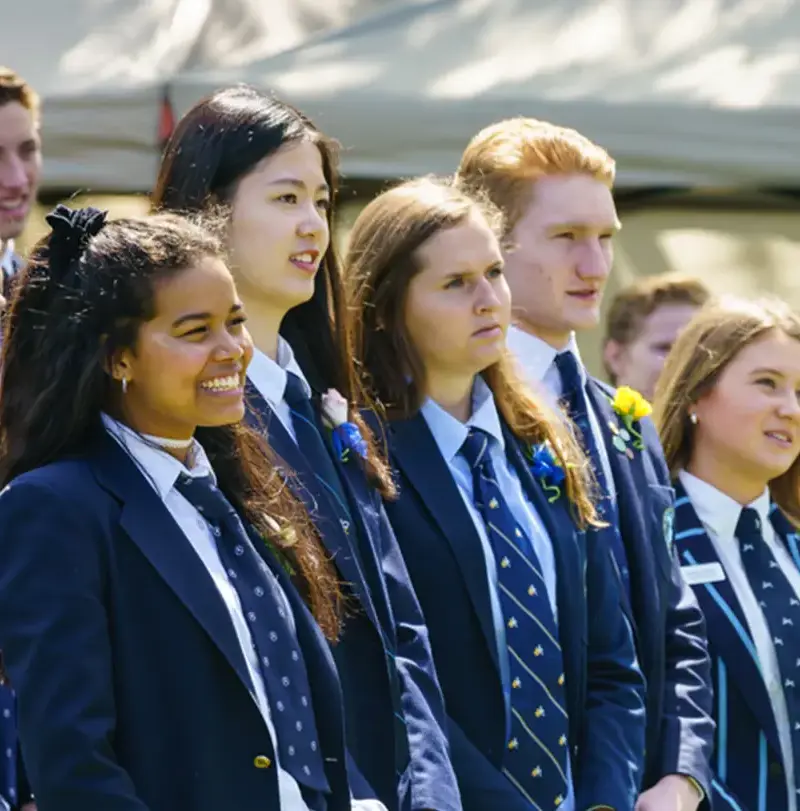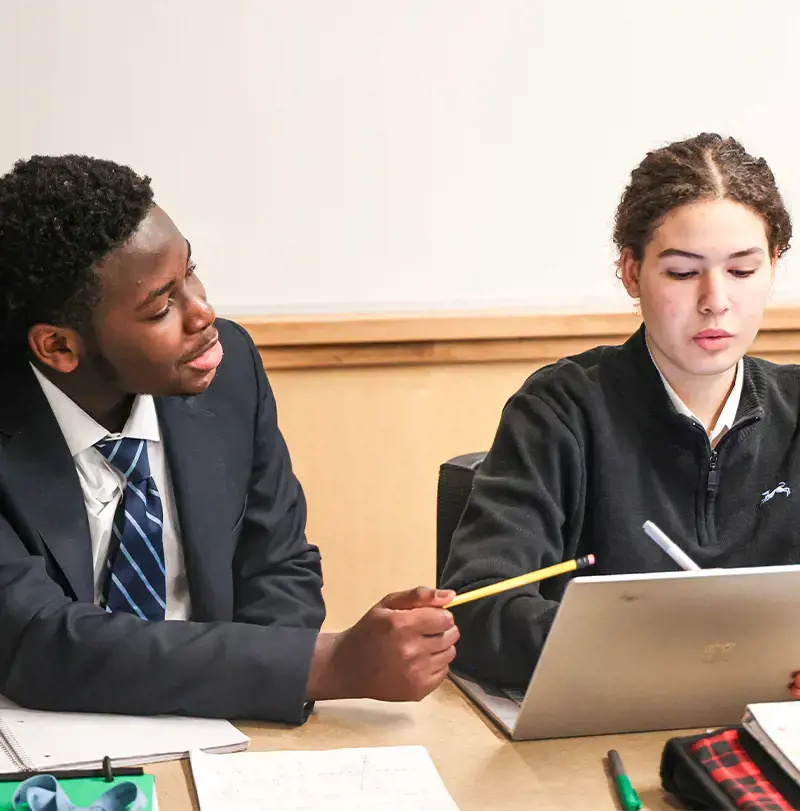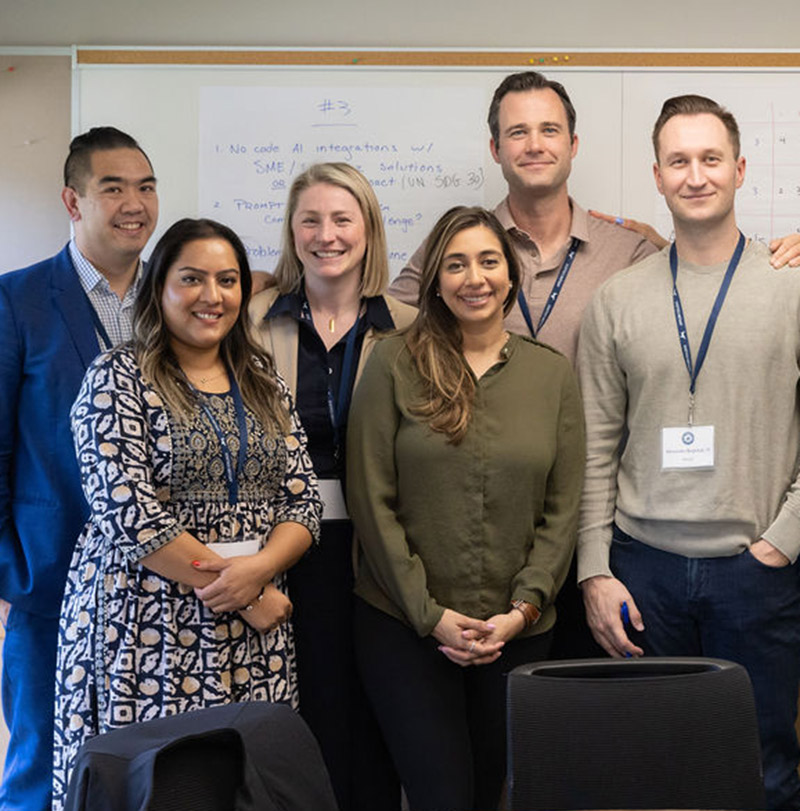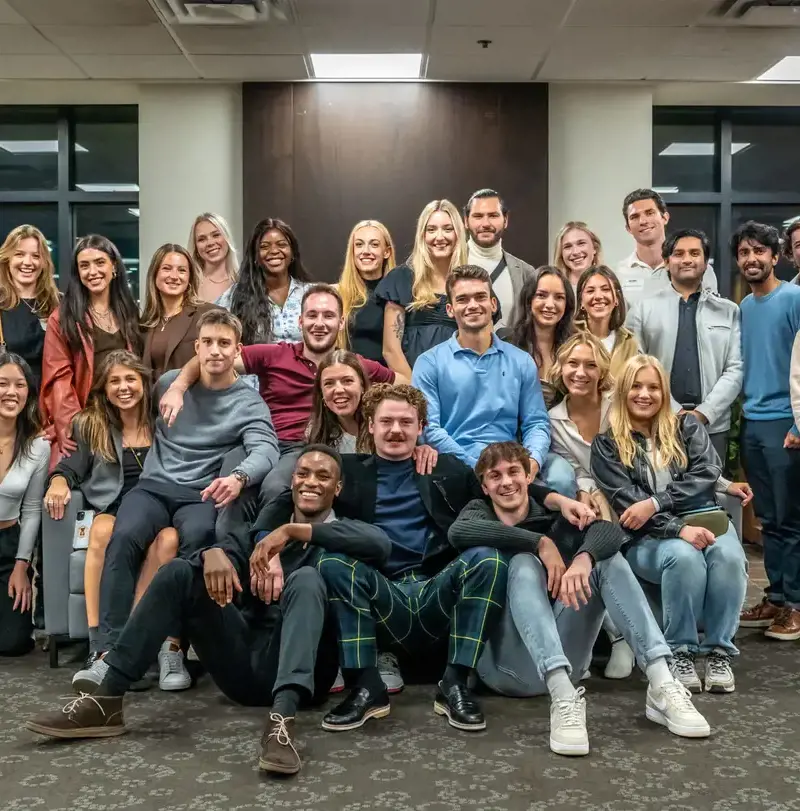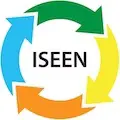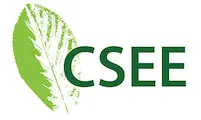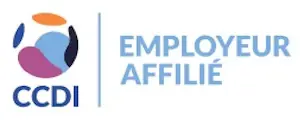ACMUN COMMITTEES
CLICK HERE TO RETURN TO ACMUN PAGE
Novice Committees:
Disarmament and International Security Committee (DISEC):
Focuses on issues of international security and disarmament, including arms control, military threats, and promoting peace globally.
Committee Topics:
Regulating the Development and Use of Autonomous Weapons:
The rapid advancement of artificial intelligence has led to the creation of autonomous weapons systems, often referred to as "killer robots." These weapons, which can operate without human intervention, pose significant ethical, legal, and security challenges. Delegates will discuss the implications of these weapons on warfare, the risks of their misuse by rogue states or non-state actors, and their potential to escalate conflicts. The debate will focus on drafting international agreements to regulate or ban the development and deployment of such weapons, ensuring compliance through robust monitoring mechanisms, and addressing gaps in existing arms control treaties.
Strengthening International Efforts to Combat Illicit Arms Trafficking:
The illicit trade of small arms and light weapons (SALWs) exacerbates conflicts, fuels organized crime and undermines regional stability. Delegates will explore ways to enhance international cooperation in tracking and intercepting illegal arms shipments, implement stricter export controls, and improve border security in vulnerable regions. Discussions may also involve capacity-building initiatives to help developing nations combat arms trafficking, enforcing the Arms Trade Treaty (ATT), and establishing comprehensive global databases for weapons tracking. Special attention will be given to addressing the flow of weapons into conflict zones and ensuring accountability for violators of international arms embargoes.
European Union:
Political and economic union of European countries that collaborates on policies related to trade, security, human rights, and regional integration.
Committee Topics:
Reforming Migration and Asylum Policies:
The European Union faces significant challenges in managing migration and asylum policies, particularly in response to humanitarian crises such as those in the Mediterranean. Delegates will discuss creating a more unified and fair approach to handling asylum applications, ensuring equitable distribution of refugees among member states, and addressing the root causes of migration, such as poverty, conflict, and climate change. Discussions will also focus on improving the EU’s border management policies while ensuring that they uphold human rights. Delegates may explore mechanisms like strengthening the Common European Asylum System (CEAS) and reforming the Dublin Regulation.
Promoting Green Energy Transition in EU Member States:
As the EU aims to achieve climate neutrality by 2050, this topic focuses on accelerating the shift from fossil fuels to renewable energy across member states. Delegates will discuss the challenges of transitioning to sustainable energy sources, such as financing green energy projects, supporting economically weaker countries in the EU, and managing energy dependencies on external actors. Delegates will explore strategies to increase funding for research in renewable technologies, implement carbon pricing systems, and harmonize member states’ energy policies under the European Green Deal framework. This also includes ensuring energy security and reducing reliance on imports of fossil fuels from non-EU countries.
United Nations High Commissioner for Refugees (UNHCR):
Works to protect and support refugees, stateless people, and others displaced by conflict or persecution.
Committee Topics:
Ensuring The Protection and Integration of Refugees in Host Countries:
Refugees often face significant barriers to integration in host countries, including limited access to housing, education, and employment opportunities. Delegates will explore solutions to help host countries provide essential services to refugees while addressing the economic and social concerns of local populations. Discussions will include strategies such as funding refugee resettlement programs, expanding language and vocational training, and fostering partnerships between governments, NGOs, and private sectors to create job opportunities for refugees. Delegates will also examine policies that promote long-term integration while respecting the cultural and social dynamics of host communities.
Addressing the Needs of Climate Refugees and Internally Displaced Persons (IDPs):
With climate change causing rising sea levels, extreme weather events, and resource scarcity, millions of people are being forced to leave their homes. Unlike traditional refugees, climate refugees and IDPs often fall outside the protection of existing international frameworks. Delegates will focus on defining legal protections for climate-displaced individuals, creating funding mechanisms to support affected communities, and implementing strategies to mitigate the root causes of displacement. The discussion may also involve regional and global cooperation to manage cross-border displacement and develop long-term resettlement plans for populations at risk of losing their homes due to environmental factors.
(IMF) International Monetary Fund:
The International Monetary Fund supports international policies and monetary cooperation among countries.
Committee Topics:
Addressing Sovereign Debt Crises in Developing Nations:
Many low-income and developing countries face severe sovereign debt crises, worsened by the economic fallout of the COVID-19 pandemic and climate change-related disasters. Delegates will explore mechanisms such as debt restructuring, forgiveness programs, and the creation of new Special Drawing Rights (SDRs) to alleviate the debt burdens of these nations. Discussions will also focus on balancing debt relief with ensuring accountability and economic reforms in recipient countries. Delegates may examine partnerships between the IMF, World Bank, and private creditors to create a sustainable debt management system that prevents future crises.
Promoting Financial Inclusion in Undeserved Regions:
Financial inclusion remains a critical issue in many developing nations, where rural populations and women often lack access to basic banking services. Delegates will focus on how the IMF can support the development of digital financial technologies (such as mobile banking and digital wallets), foster financial literacy programs, and work with governments to reduce barriers to accessing credit and savings mechanisms. Discussions will also address promoting small and medium-sized enterprises (SMEs) through access to affordable credit, as they are vital drivers of economic growth in these regions.
United Nations Security Council (UNSC):
Maintains international peace and security, addressing conflicts, sanctions, and peacekeeping operations.
Committee Topics:
Addressing the Proliferation of Small Arms in Former Conflict Zones:
Small arms and light weapons (SALWs) are a major driver of violence in many regions, exacerbating conflicts and fuelling crime. Delegates will explore how the UNSC can strengthen arms embargoes, improve monitoring mechanisms, and enhance international cooperation to disrupt illicit arms trafficking networks. This topic may also include discussions on disarmament programs, particularly in post-conflict areas, and how to encourage compliance with existing frameworks such as the Arms Trade Treaty (ATT). The debate will focus on both preventing weapons from reaching conflict zones and reducing the flow of arms already in circulation.
Preventing the Spread of Terrorism:
The UN Security Council will focus on ways to prevent terrorism from spreading across borders. Delegates will discuss how countries can work together to stop terrorist groups from recruiting new members, raising money, and gaining power. The committee will explore the role of international cooperation, intelligence sharing, and law enforcement to strengthen global security. Additionally, delegates will look at the importance of supporting countries most affected by terrorism to help restore peace and stability.
World Health Organization (WHO):
Responsible for addressing global health challenges, from disease outbreaks to access to healthcare.
Committee Topics:
Improving Global Access to Vaccines and Strengthening Immunization Infrastructure:
Vaccine inequity remains a critical issue, particularly in low-income countries where limited access to life-saving vaccines persists. Delegates will discuss strategies to expand vaccine availability, focusing on enhancing international initiatives like COVAX and supporting local vaccine production in underserved regions. The topic will also address the logistical challenges of vaccine distribution, such as improving cold-chain infrastructure, funding delivery systems, and training healthcare workers in remote areas. Delegates may explore partnerships with pharmaceutical companies to lower costs, combat vaccine hesitancy through public awareness campaigns, and prepare for future pandemics by bolstering global immunization programs.
Addressing the Global Mental Health Crisis:
Mental health conditions affect over 1 billion people worldwide, yet they remain significantly underfunded and stigmatized in many regions. Delegates will debate ways to integrate mental health care into primary healthcare systems, particularly in low- and middle-income countries, where resources are limited. Topics will include increasing funding for mental health programs, training professionals, and improving access to services through innovations such as telemedicine and mobile clinics. Delegates will also explore how governments and international organizations can work together to reduce the stigma associated with mental health and ensure the inclusion of mental health support in humanitarian responses during crises.
United Nations Children's Fund, (UNICEF):
Works to protect children's rights and well-being worldwide, focusing on health, education, and protection from violence and exploitation.
Committee Topics:
Improving Access to Education for Children in Conflict Zones:
Millions of children in conflict zones are deprived of their right to education due to instability, displacement, and destruction of infrastructure. Delegates will explore strategies to create safe spaces for learning, provide mobile education units, and collaborate with NGOs to fund education initiatives in refugee camps. Emphasis will also be placed on psychosocial support to help children overcome trauma and resume learning effectively.
Eradicating Child Malnutrition Globally:
Child malnutrition continues to be a leading cause of death and developmental delays in many parts of the world. Delegates will debate initiatives to provide nutritional supplements, promote breastfeeding campaigns, and strengthen local food systems to ensure consistent access to healthy diets. Strategies may include collaboration with the World Food Programme (WFP) and governments to implement school feeding programs.
World Trade Organization (WTO):
Oversees global trade rules, ensuring fair trade practices and resolving disputes between nations.
Committee Topics:
Ensuring Equitable Access to Global Markets for Developing Nations
Developing countries often face challenges accessing international markets due to unfair trade barriers, high tariffs, and lack of capacity. Delegates will discuss reforming trade agreements, providing technical assistance, and promoting sustainable trade practices to ensure these countries can compete globally.
Reducing Trade Barriers in the Agricultural Sector
The agricultural sector in many developing countries suffers from protectionist policies and subsidies. Delegates will debate how to create a fair playing field by reducing tariffs, reforming subsidy practices, and promoting exports from small-scale farmers in low-income nations.
United Nations Development Program (UNDP):
Aims to eradicate poverty and promote sustainable development worldwide by addressing inequality and environmental challenges.
Committee Topics:
Promoting Renewable Energy in Developing Nations:
Many developing countries struggle with energy shortages and dependence on non-renewable resources. Delegates will propose solutions to transition toward renewable energy, such as solar, wind, and hydroelectric power, by providing funding, technical assistance, and partnerships with the private sector. This discussion will also address creating green jobs and reducing carbon footprints in low-income nations.
Building Resilient Economies Post-Natural Disaster:
Natural disasters disproportionately affect developing countries, devastating local economies. Delegates will examine how international cooperation can assist in rebuilding critical infrastructure, providing emergency funds, and improving disaster preparedness. Solutions may include micro-loans for small businesses, investing in climate-resilient technology, and creating early warning systems.
Intermediate Committees
United Nations Office Of Drugs And Crime (UNODC):
Addresses global issues such as drug trafficking, organized crime, and corruption.
Committee Topics:
Developing comprehensive strategies to combat organized crime:
Organized crime, like the cartel and mafia, are known to be some of the most violent organizations known to humanity. 40% of homicides worldwide are linked to organized crime. Organized crime poses a significant threat to global security, fueling violence, corruption, and instability, making it essential for nations to collaborate on intelligence-sharing and enforcement strategies. The UNODC supports member states by providing technical assistance, capacity-building, and promoting legal frameworks that ensure criminals are brought to justice across borders. Key areas of focus include combating human trafficking, drug trafficking, money laundering, and the illicit trade of arms and wildlife, which are often linked to transnational organized crime syndicates. Through initiatives like the UN Convention against Transnational Organized Crime, the UNODC helps to create a coordinated global response, emphasizing prevention, law enforcement, and rehabilitation for affected communities.
-Addressing human trafficking and modern slavery:
Blood diamond mining often involves forced labor, where individuals, including children, are coerced into working in dangerous and inhumane conditions to extract valuable diamonds for illegal trade. Modern slavery in the diamond industry is closely tied to exploitative practices, where workers are denied basic human rights and subjected to violence, intimidation, and poor living conditions. Despite global efforts to curb these abuses, many regions continue to struggle with the intersection of organized crime, conflict financing, and human trafficking in the diamond trade. In most regions of the world, slavery is an idea of the past, but in some parts of Africa this is not the place. 7 million people live in modern slavery every day in Africa. Countries must come together to brainstorm solutions to this crisis.
International Olympics Committee (IOC):
The IOC is a global organization that oversees the Olympic Games, promotes sports development, and advocates for values like fair play, inclusion, and peace through sports.
Committee Topics:
Creating international unity through sports:
Sports have been used as a symbol of peace for many years, especially the Olympics. Throughout the years however, the events have been interrupted by attacks and protests, stopping many competitions. Sports mut be a symbol of togetherness, not an opportunity to strike at a country as a protest or a statement, it is not right. In the past, governments who have participated in the Olympics have been united to compete in a friendly and competitive manor, since the first Olympics in Athens. Governments can use the Olympics as a platform for peacekeeping by leveraging the global attention and shared values of unity and cooperation to foster diplomatic dialogue between conflicting nations. By promoting the Olympic Truce, governments can encourage a temporary cessation of hostilities during the games, allowing for humanitarian aid and peace talks to take place. Additionally, governments can use the Olympic Games to highlight common ground, strengthen international partnerships, and create opportunities for cultural exchange that bridge divides and promote long-term peace.
Mitigating the environmental impacts of the Olympics:
In the 2022 world cup, 206 kilotons of carbon energy came from the building and use of the stadium during the game. The stadium is not used much, as it is considered a relic of football/soccer industry. Countries worldwide can promote eco-friendliness during the Olympics by prioritizing the construction of sustainable venues, using energy-efficient technologies and renewable energy sources to reduce environmental impact. Waste reduction initiatives, such as implementing comprehensive recycling programs and minimizing single-use plastics, can help keep the games more environmentally responsible. Additionally, adopting sustainable transportation options, like electric buses and public transit, can reduce emissions and congestion during the event. Finally, sourcing locally produced, eco-friendly materials for food and merchandise can further decrease the carbon footprint and support sustainable practices.
World Trade Organization (WTO):
Oversees global trade rules, ensuring fair trade practices and resolving disputes between nations.
Committee Topics:
Addressing Global Trade Inequities and Fair-Trade Practices:
In this session, the WTO committee can discuss the growing disparities in global trade, particularly how developing countries often face barriers to market access due to tariffs, subsidies, and trade restrictions imposed by wealthier nations. This topic aims to explore solutions for creating a more equitable global trading system that offers fair opportunities for all countries, regardless of their economic status. One focus could be on eliminating harmful subsidies that distort trade, especially in agriculture, and ensuring that trade policies benefit the most vulnerable populations. Discussions could also center on strengthening mechanisms for dispute resolution within the WTO to ensure that all nations have access to fair treatment. Additionally, the committee could address how to integrate environmental and social considerations into trade policies, ensuring that trade practices contribute to sustainable development.
Regulating Digital Trade and E-Commerce in a Globalized World:
With the rise of the digital economy, this topic focuses on the regulation and governance of e-commerce and digital trade across borders. The WTO committee could explore the challenges of ensuring fair digital trade, particularly in areas such as data privacy, intellectual property rights, and cross-border data flows. Delegates could debate the need for global digital trade rules that promote innovation while protecting consumers and ensuring fair competition, especially for smaller companies in developing countries. A key point of discussion might involve reconciling differences between national regulations on issues like online taxation and cybersecurity with international trade agreements. Lastly, the committee could consider how digital trade can be harnessed to bridge the global digital divide, providing developing countries with access to global markets and new economic opportunities.
United Nations Security Council (UNSC):
Maintains international peace and security, addressing conflicts, sanctions, and peacekeeping operations.
Committee Topics:
Regulating the use of bioweapons and research biowarfare advancements:
Advancements in biowarfare have significantly increased the potential threat of biological weapons, with the development of more lethal and contagious pathogens that could be engineered for mass destruction. Modern biotechnology allows for the creation of genetically modified viruses or bacteria that can target specific populations, making biological attacks more precise and devastating. The ease of global travel and trade could facilitate the rapid spread of these engineered pathogens, leading to pandemics that could overwhelm healthcare systems and destabilize entire regions. If a major nation were to deploy biological weapons in a conflict, it could trigger massive retaliations, escalating into a full-scale global war. The fear of biological attacks may lead to arms races, where countries prioritize developing biological weapons as a form of deterrence, increasing tensions among superpowers. The use of biowarfare in a global conflict could potentially result in World War III, with catastrophic consequences for humanity and the global environment, challenging international laws and norms aimed at preventing such weapons.
Long term conflict resolution through international law:
Current world affairs, such as ongoing wars in Ukraine, the Middle East, and other regions like Yemen, have the potential to escalate into broader global conflicts due to the involvement of multiple international actors and the complex web of alliances. The rise of nationalism and territorial disputes, combined with superpower rivalries, can create an environment where regional tensions quickly spiral into larger confrontations. The militarization of space, cyber warfare, and advancements in nuclear weaponry have further complicated global security, making conflicts more dangerous and harder to contain. Economic sanctions, trade wars, and resource shortages could exacerbate existing conflicts, leading to global instability as nations compete for power and influence. Additionally, proxy wars and the support of opposing factions by global powers can lead to long-term instability, creating a fertile ground for future conflicts. If diplomatic efforts fail and trust between nations deteriorates, these current tensions could ignite a larger-scale war, potentially involving multiple superpowers and leading to widespread devastation.
World Bank:
Focuses on global development, offering financial and technical assistance to reduce poverty and foster growth.
Committee Topics:
Managing Healthcare Disparity around the world:
World Bank research shows that following global economic shocks from the COVID-19 pandemic and wars around the world, the spending capacity of governments will decline or stagnate in many low- and lower middle-income countries. Without bold choices, these countries will be unable to make the necessary investment to strengthen public health preparedness and make progress toward universal health coverage. In 41 countries, government spending until 2027 is projected to remain lower than before COVID-19, restricting their ability to invest in critical areas, including health. Furthermore, national debts would reduce the government spending further in lower income countries and compromise healthcare spending, leading to widespread inadequate healthcare.
Agricultural Development in Developing Countries:
The World Bank research shows that climate factors such as droughts affects the agricultural progress of countries. This issue is especially dire in developing countries that don't have the proper foundations to support their own population's needs. This organization is focusing on modernizing and making farming more sustainable. Furthermore adding backups such as funding locust back up plans, fertilizer reduction and animal feed. Delegates will discuss about how farming can be sustained and affordable for developing countries
African Union:
Focuses on promoting unity, peace, and development across the continent, addressing issues like economic integration, conflict resolution, human rights, and sustainable development.
Committee Topics:
Combatting Piracy and Stabilizing coastal countries in the horn of Africa:
Africa has become a major hub of piracy and armed robbery at sea. There has been high levels of piracy activity in the Gulf of Aden and Indian Ocean which has undermined international humanitarian efforts and maritime safety. This issue has magnified over the last few years. Since the 2050 AIM strategy launched in 2014, there have been immense efforts towards increasing maritime security in Africa. Due to these efforts, the rates of piracy have slowly been decreasing since 2021. The AU continues to collaborate with international partners, such as the United Nations and the International Maritime Organization, to strengthen anti-piracy efforts. These partnerships have been instrumental in providing sustainable support and operational assistance.
Protecting Trade Routes:
Agenda 2063 envisions a prosperous and integrated Africa. By fostering economic growth and development, the AU aims to create a more stable and competitive environment for trade across the continent. The AU has developed the Boosting Intra-African Trade (BIAT) Action Plan, which focuses on deepening market integration and increasing the volume of trade among African countries. The AU also works on improving infrastructure, such as roads and ports, to ensure efficient and secure trade routes1.
Advanced Committees:
United Nations Office Of Drugs And Crime (UNODC):
Addresses global issues such as drug trafficking, organized crime, and corruption.
Committee Topics:
The Use of Military Force in Combating Drug Cartels:
As the world progresses, so do narcotics and weapons. So, the debate arises on whether the government should include the military in its efforts to stop cartels. The military is being slowly incorporated into these efforts to shut down cartels and narcotics operations worldwide. However the question arises of how involved should they get, the force of the power they have, the amount of funding they receive for their efforts. Combating drugs cartels is not an easy feat, as in many countries, corruption runs the country. If too much military force is used there may be a side effect and unnecessary deaths. If not enough is used narcotics and cartels could grow too large. The military is a powerful tool and could be used to stop these cartels and terrorists worldwide
Regulating the power and role of Big Pharma in the Global Opioid Crisis:
Big Pharma, a term first used in 1994 speaks for itself as it represents big pharmaceutical companies in a harsh way. However, it goes much deeper than that. Pharmaceutical companies spent billions of dollars a year on fines, jury verdicts and settlements. The global opioid crisis started in the 1990s, and the world governments have used very little efforts to stop and regulate the use of opioids. Since Big Pharma controls all medication like painkillers and OxyContin, what is their role in the distribution and economic boosts it gives to countries? Many countries depend on Big Pharma to boost their economy, so it comes up for discussion as to how to regulate the power and role of these companies, especially when 125,000 people died of opioid overdose in 2019. Hospitals and companies who administer these drugs are protected by walls of money, power and importance/role in human life/society. The global crisis of opioid overdose is only going to get worse if we don’t act.
United Nations Office For Outer Space Affairs (UNOOSA):
Promotes the peaceful use of outer space and addresses issues like space exploration and debris management.
Committee Topics:
Regulating the Militarization of Outer Space: As outer space becomes increasingly accessible, the risk of its militarization is growing. Countries are developing advanced space technologies, including satellites capable of conducting surveillance, disabling other satellites, or even deploying weapons. Delegates will explore frameworks to ensure that space remains a peaceful domain for all humanity. This includes strengthening existing treaties like the Outer Space Treaty of 1967, which prohibits the placement of nuclear weapons or other weapons of mass destruction in space. Discussions may also focus on defining what constitutes "militarization," improving transparency in space activities, and establishing confidence-building measures, such as mutual agreements on satellite inspections. Delegates will also address the role of private companies in ensuring compliance with international norms and how to prevent the escalation of geopolitical tensions into space-based conflicts.
Establishing International Guidelines for Mining and Resource Extraction in Outer Space: As technological advancements make space resource extraction more feasible, the international community faces the challenge of managing these activities fairly and sustainably. Countries and private companies are exploring asteroid mining and lunar resource extraction for rare minerals, metals, and water. Delegates will discuss the development of international guidelines to govern resource extraction, ensuring that such activities do not lead to environmental degradation, conflict, or monopolization by a few powerful nations or corporations. Key considerations include defining property rights in space, setting limits on resource extraction, and establishing mechanisms for profit-sharing to ensure developing countries also benefit from space mining. Delegates will also address potential disputes over claims to celestial bodies and propose ways to strengthen or expand treaties like the Moon Agreement to reflect modern advancements.
Specialty/Crisis Committees:
Wicked:
Set in the magical land of Oz, delegates represent characters from Wicked to address political, social, and magical conflicts.
Committee Topics:
Balancing Power in the Land of Oz:
The Wizard’s regime has maintained control over the Land of Oz through strict governance and propaganda, but this has led to increasing tension with the magical creatures of Oz. These beings, who have unique abilities and rich cultural histories, feel marginalized and oppressed under the Wizard’s policies, which often suppress their magical practices in favor of a "non-magical" status quo. Delegates will explore ways to address this power imbalance by creating policies that grant magical creatures representation in governance, protect their rights, and recognize their contributions to the prosperity of Oz. Discussions may also include reforming the Wizard's authoritarian leadership style, fostering dialogue between magical and non-magical communities, and addressing deep-seated prejudices. Delegates must consider how to balance these reforms without destabilizing Oz’s fragile political structure.
Redefining the Governance of Oz Amidst Revolutionary Change:
Oz is at a turning point as the Wizard’s authority begins to crumble, with Elphaba (labeled the "Wicked Witch") gaining influence as a revolutionary leader. Her message of resistance and justice resonates with the oppressed magical creatures, inspiring rebellion against the regime. Delegates must confront a deeply divided Oz, where trust in the Wizard’s leadership is eroding, and factions are forming among Ozians. Key questions include whether Oz should remain under the Wizard’s centralized rule, transition to a more inclusive government, or adopt a new leadership model entirely. Delegates will need to address the rising tensions between loyalists, revolutionaries, and neutral parties while proposing a sustainable governance structure. Solutions may involve creating a coalition government, drafting a new constitution, or mediating between conflicting groups to avoid civil war.
Formula 1:
Delegates represent teams, drivers, or FIA officials to address challenges in the high-stakes world of Formula 1.
Committee Topics:
Ensuring Financial Fairness: Revisiting the Cost Cap Regulations:
The introduction of cost cap regulations in Formula 1 aimed to create a more level playing field by limiting the budget teams can spend on car development, staffing, and operations. However, disparities still exist as larger teams find ways to leverage their infrastructure, historical investments, and resources within the rules, leaving smaller teams struggling to compete. Delegates will debate how to refine these regulations to close loopholes, ensure transparency in financial reporting, and implement penalties for violations. Topics may include whether to adjust the cap for inflation, allocate funds for research and development for lower-budget teams, and introduce stricter monitoring mechanisms. Delegates must balance financial equity with the sport’s need for innovation and competitiveness, ensuring that cost controls do not stifle technological advancements or fan engagement.
Improving Driver Safety in the Era of High-Speed Evolution:
As F1 cars continue to evolve with faster, more aggressive designs, driver safety has become a critical concern. Recent advancements in aerodynamics, tire performance, and hybrid engine technology have pushed the limits of speed, resulting in increased risks during high-impact collisions and incidents. Delegates will discuss implementing new safety measures, such as improved cockpit protection (e.g., enhancing the Halo system), crash-resistant barriers on tracks, and mandatory testing for car crash survivability. Additionally, the committee will examine the role of technology like real-time driver health monitoring and automated systems to prevent accidents. Delegates must also consider the impact of these measures on the spirit of F1, ensuring that safety enhancements do not diminish the excitement and challenge of the sport. Collaboration with teams, engineers, and regulatory bodies will be key to achieving a consensus on balancing innovation and safety.


